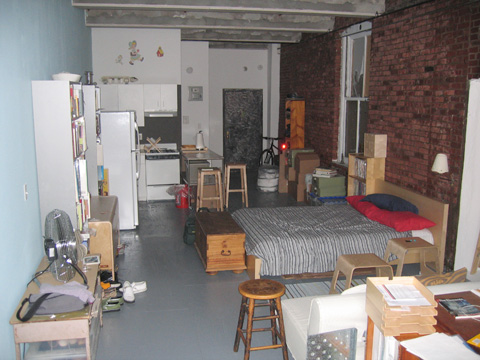The latest offering in this Summer’s big clearance sale is the rarely used SparkyMobile:
I’ve been planning to have a big “Everything Must Go!” sale in September — and probably still will — but poverty is becoming a real issue at the moment, and I’ve been in a bit of a panic about how I’ll actually eat and pay bills and whatnot without liquidating a lot of stuff right away.
This Summer has been a nasty confluence of financial issues: the class I was supposed to teach was cancelled, my health insurance has gone up to a staggering amount of money per month, I’ve been getting a ton of dental work done, and so on and so on. Unless some of those overdue freelance paychecks start rolling in soon, things are going to get pretty bleak.
The maddening part is that I’ve cobbled together a decent plan for next year: loans, scholarships, a steady trickle of freelance income, and socialized medicine will keep me fed and housed will I go to school as long as I maintain modest habits. The unfortunate collapse of my summer budget scheme, though, has ensured that it’ll be a minor miracle if I can make it as far as the end of September, when my next chapter gets underway. For the moment I’m out of cash, out of credit, and devoting as much time as I can to finishing up a backlog of freelance work so I can get out the rest of those invoices.

All this could be yours! Cheap!
Although I splurged some on furniture when I fled from Astoria and settled back in Brooklyn, it’s been a pretty threadbare year. I’ve been pretty sure for most of it that I’d be leaving this Fall, with very little idea of when or where I’d settle down after school. With the future so cloudy, it’s pretty easy to unload so much stuff. Starting from scratch somewhere else seems slightly more appealing than picking up where I left off, or finding a way to haul an apartment full of stuff again. I’ve lugged an absurd amount of stuff from home to home ever since I left for college, and the effort of doing that over and over has made me a lot less sentimental about things than I once was. This will be the third time since coming back to New York that I’ve massively reduced the amount of treasures/crap that I own, and I have to admit that I really wish I could let go of all of it once and for all.
Letting go, though, has never been one of my skills, even though I’m a master of moving on.

